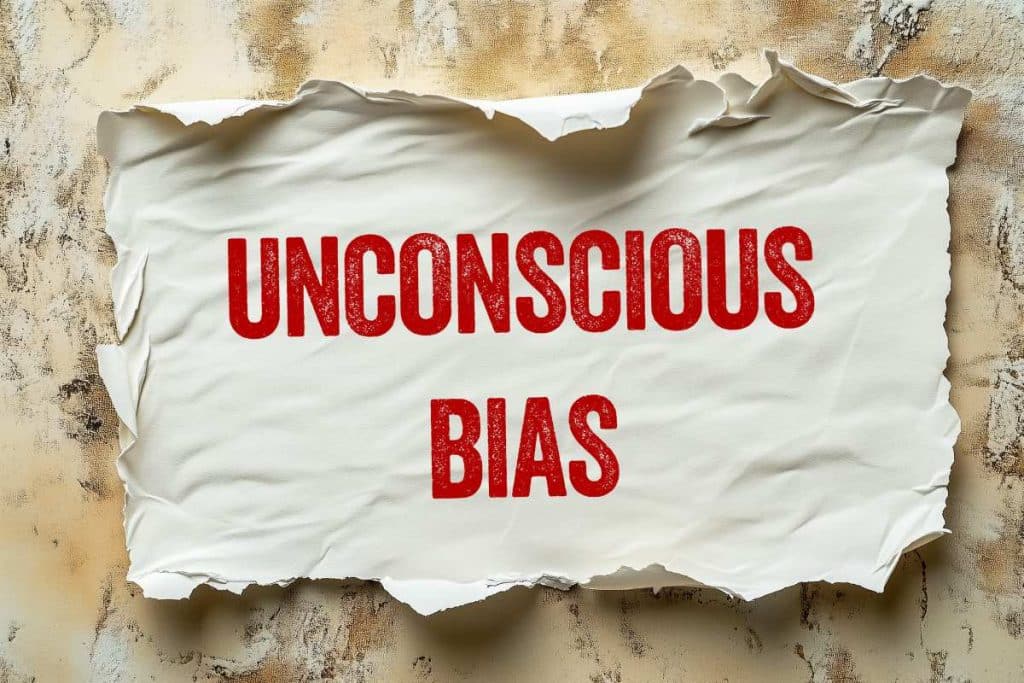When recruiting new employees, technical skills and experience often take centre stage. Yet, more and more businesses are realising that cultural alignment can be just as critical to long-term success. Hiring someone who has the right qualifications but doesn’t share your company’s values or ways of working can lead to disengagement, conflict, and higher turnover.
That’s where a culture fit assessment comes in. By deliberately evaluating whether a candidate’s attitudes, behaviours, and values align with your organisation’s ethos, you can make more informed hiring decisions. Done effectively, cultural fit assessments help to boost retention, protect company culture, and ensure your teams work cohesively.
What Is a Culture Fit Assessment?
A culture fit assessment is the process of evaluating whether a candidate’s personal values and working style align with the mission, vision, and values of a business. Unlike skills-based testing, which looks at measurable competencies, cultural assessments focus on softer qualities such as communication style, adaptability, and motivation.
Cultural fit does not mean hiring people who all think the same – it means ensuring employees can thrive within the existing environment while also bringing diverse perspectives that strengthen the organisation. Assessing the current team’s strengths and weaknesses in terms of values and working styles helps identify who will work well in conjunction with existing members and what characteristics might clash. This evaluation ensures new hires complement the team dynamics rather than disrupt them.
Why Cultural Fit Matters
Culture plays a huge role in employee engagement, performance, and retention. When people feel aligned with their workplace culture, they are more likely to stay motivated and committed. By contrast, a poor cultural fit can lead to conflict, disengagement, and eventual turnover, which is costly for employers.
Businesses that prioritise cultural fit often see:
- Lower staff turnover
- Higher levels of collaboration
- Improved morale and wellbeing
- Stronger employer branding
With recruitment costs rising, cultural assessments provide a safeguard against hiring mistakes that can have long-term consequences.
How to Conduct a Culture Fit Assessment
Implementing this kind of assessment requires structure, consistency, and clear understanding of the qualities to evaluate for cultural fit for your business. The following steps can help you make the process effective:
Define Your Company Values Clearly
Before you can assess fit, you need clarity on what your culture actually is. Identify your organisation’s mission, vision, and values, and translate them into behaviours that can be observed in the workplace.
Incorporate Behavioural Interview Questions
Ask candidates to provide examples of how they have worked in teams, managed conflict, or approached challenges. Their responses will highlight whether their behaviours align with your company culture.
Use Situational Judgement Tests
Scenario-based questions or exercises can reveal how a candidate might react in real workplace situations, giving deeper insight into alignment with your values.
Gather Feedback from Multiple Stakeholders
Involving several team members in the interview process ensures a more rounded view of whether a candidate will fit in with the wider organisation.
Combine with Skills Assessment
Cultural fit should complement, not replace, technical evaluation. Assessing both ensures candidates can perform the job effectively while thriving in your environment.
Avoiding Bias in Cultural Assessments

One of the risks of culture fit assessments is unconscious bias. Employers may unintentionally favour candidates who are similar to themselves, which can reduce diversity and innovation. To prevent this, businesses should:
- Focus on behaviours and values, not personality traits.
- Use structured interview questions that are the same for all candidates.
- Consider cultural add as well as cultural fit – how candidates can enrich and expand your culture, not just blend into it.
Balancing cultural alignment with diversity of thought ensures you create inclusive teams that reflect your values while driving progress.
The Role of HR and Recruitment Specialists
Assessing culture fit can be challenging for employers who are focused on filling roles quickly. This is where working with HR recruitment specialists adds value. Agencies like The Portfolio Group not only assess technical ability but also consider long-term cultural alignment, reducing the risk of costly hiring mistakes.
We take the time to meet with our clients – face-to-face in your office when appropriate – to meet the team and get a feel for your business and culture. This hands-on approach helps us match candidates more effectively to your specific environment and values.
Our consultants understand the importance of balancing skills and values and can support businesses in identifying the qualities that matter most. Whether you need general HR support or want to connect with reward and recognition experts, we provide tailored recruitment solutions to strengthen your workforce.
The Bottom Line
A culture fit assessment is a vital tool for modern recruitment. By looking beyond skills and evaluating whether candidates share your company’s values, you can build teams that are more engaged, motivated, and aligned with your long-term goals.
The key is to define your culture clearly, use structured assessments, and remain mindful of unconscious bias. When done effectively, cultural fit assessments reduce turnover, strengthen team cohesion, and help businesses build resilient, future-focused workforces.
At The Portfolio Group, we help employers combine technical expertise with cultural alignment, ensuring every hire is the right fit for both the role and the wider organisation. By prioritising cultural fit, your business can secure employees who not only deliver results but also contribute positively to your workplace culture.
Evette van Est | Senior Business Manager
Evette Van Est is a Senior Business Manager at Portfolio HR & Reward. With over 25 years in recruitment; including 6 years dedicated to HR, she brings extensive expertise across HR & business support functions. She focuses on roles in HR, reward, benefits, compensation, and learning & development, using her deep knowledge and strong networks to connect businesses with talent that drives strategic impact. Working with organisations across Manchester and the North, Evette also advises on benchmarking and recruitment strategy.

 Portfolio Group
Portfolio Group  Portfolio Payroll
Portfolio Payroll  Portfolio Credit Control
Portfolio Credit Control  Portfolio Procurement
Portfolio Procurement  Portfolio Payroll Canada
Portfolio Payroll Canada 